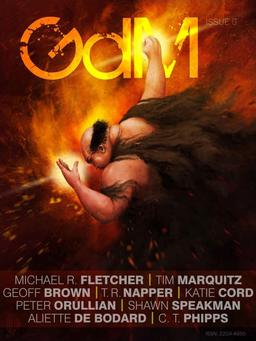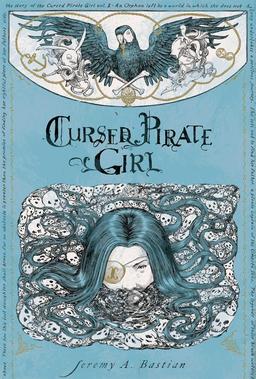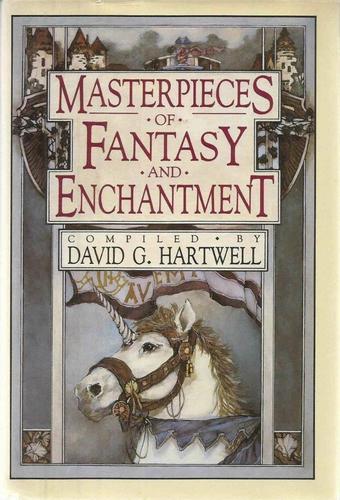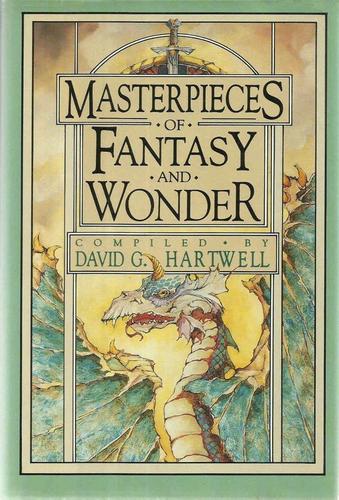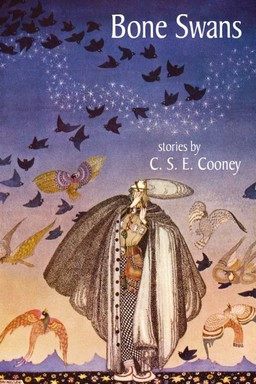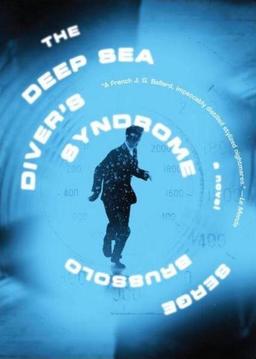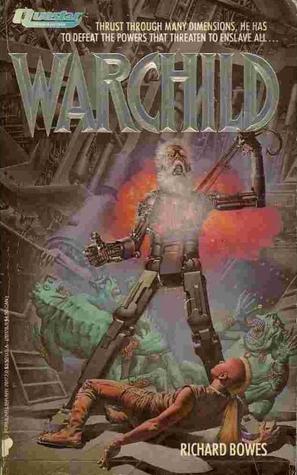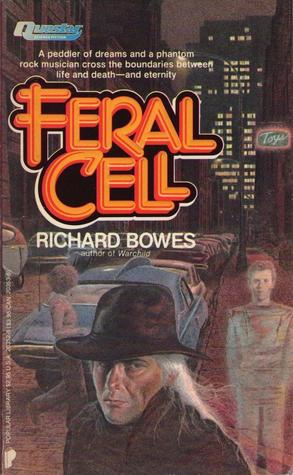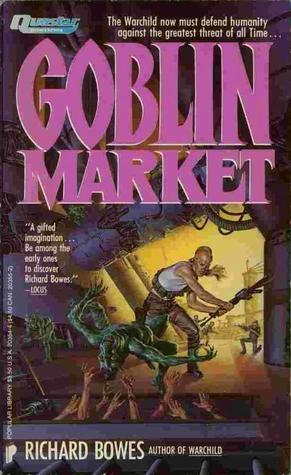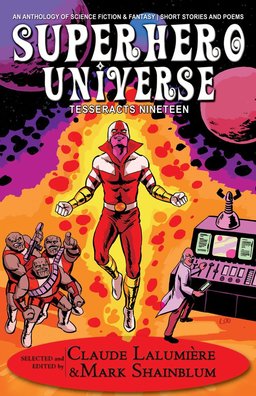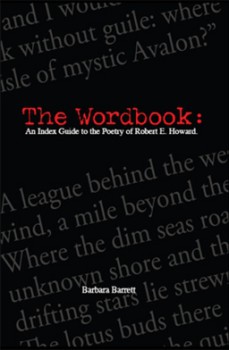The Public Life of Sherlock Holmes: Talking About Nero Wolfe
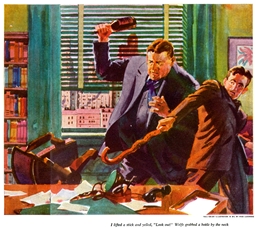 I’m writing this in the aftermath of hosting a sleepover for my son and three of his eight-year old friends. My state is…I don’t know what it is, but it’s not normal. I’ve been reading a lot of Nero Wolfe-related stuff lately, so I’ll riff on that. Speaking of the gargantuan detective, I wrote about him earlier here at Black Gate.
I’m writing this in the aftermath of hosting a sleepover for my son and three of his eight-year old friends. My state is…I don’t know what it is, but it’s not normal. I’ve been reading a lot of Nero Wolfe-related stuff lately, so I’ll riff on that. Speaking of the gargantuan detective, I wrote about him earlier here at Black Gate.
Back in September, I’m sure you read my post, “Who Needs a Hard Boiled Detective?” It looked at how, during the rise, rule and decline of the American hard-boiled school of fiction, August Derleth was writing Solar Pons stories that were pure throwbacks to the Victorian Era mysteries of Sherlock Holmes. I’d say more, but you already either know it or should go read essay if you haven’t!
And the following excerpt is from the initial version of “Hard Boiled Holmes,” an essay I wrote tracing the roots of the American hard boiled school back to Victorian London and Holmes:
Rex Stout created Nero Wolfe in 1934 and the last story was published in 1975, a month before the author’s death. Fortunately, there were over sixty Wolfe tales in between. Stout created a synthesis of Holmes and the hard boiled school that has yet to be surpassed.
Nero Wolfe was a brilliant, disagreeable and incurably lazy detective. He seems very much to be a successor to Mycroft Holmes, with a bit of Sherlock thrown in. His chronicler and assistant was the smooth talking tough guy, Archie Goodwin.
Goodwin himself stacks up with the best of the hard-boiled private eyes. To over-simplify, Stout paired Mycroft/Sherlock Holmes with Sam Spade. Two characters, representing the Doylean and hard-boiled approaches, worked together in each story. This characteristic is probably one of the primary reasons that the Wolfe books have enjoyed so much success over three-quarters of a century.
